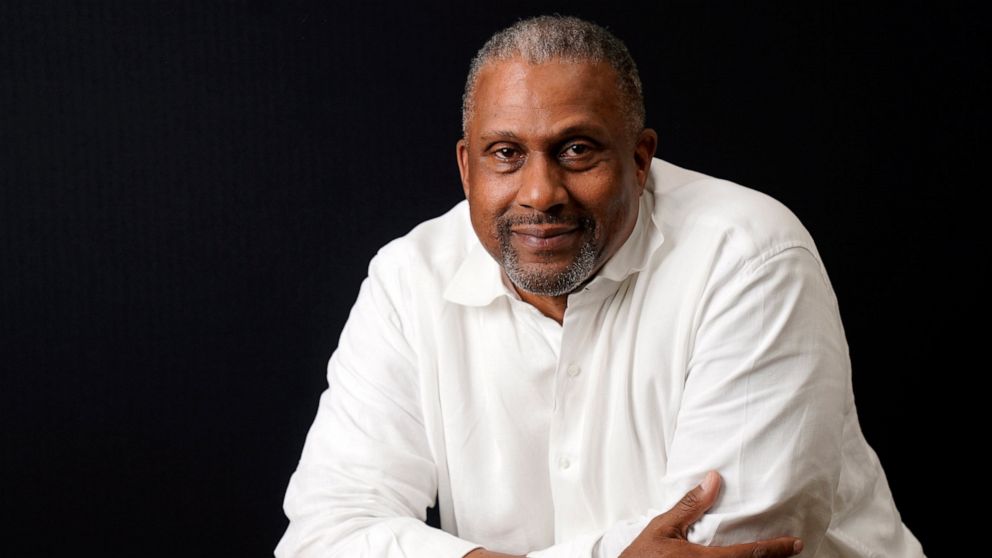Sidelined during a period of landmark racial upheaval, Smiley decided to make his own opportunity with reformatted station KBLA Talk 1580 Los Angeles.
“It’s frustrating when you’re used to being on the air every day somewhere, people are hearing your voice in this country, seeing your face, for as many years I’ve been doing this,” he told The Associated Press.
After losing in court last year in a breach-of-contract suit over his firing, he’s appealing the verdict that required about a $1.5 million payment from Smiley to PBS, which countersued him.
While acknowledging what he called “consensual” dates with co-workers before he joined PBS, “I have never harassed anyone,” Smiley said.
In its court filings, PBS cited witnesses’ allegations that Smiley subjected subordinates to lewd language and unwanted sexual advances and encounters, with six women describing misconduct claims in court testimony.
The allegations were made about a groundbreaking radio and TV host, the first African American to get his own talk show on PBS.
Smiley is the majority owner of KBLA, which he and investment partners bought from New York-based Multicultural Radio Broadcasting in a deal valued at $7.5 million.
“The opportunity to have a Black-owned and Black-operated talk radio station in this city, where talk radio for too long has been all day, all night, all white, is an opportunity that is begging for someone to take advantage of it.
The Mississippi-born, Indiana-raised broadcaster said KBLA, with a signal reaching nearly 12 million Southern California listeners, could be the flagship for an eventual nationwide network.
So there are a lot of other voices on the station that will be talking about a lot” of local, national and international issues.
“At the end of the day, all I’ve ever tried to do was to love and serve people.
